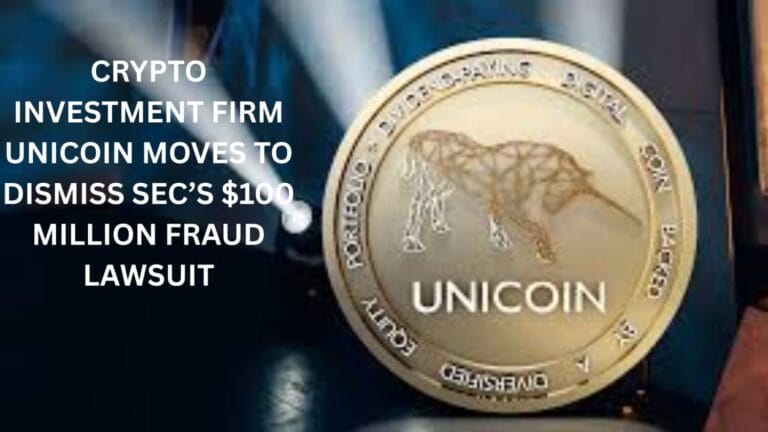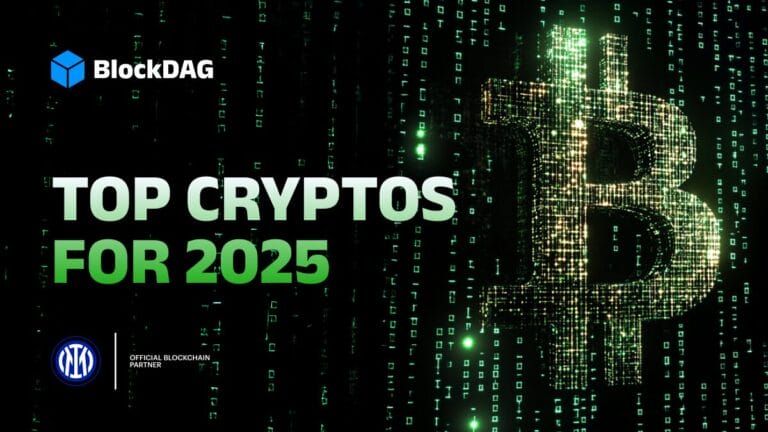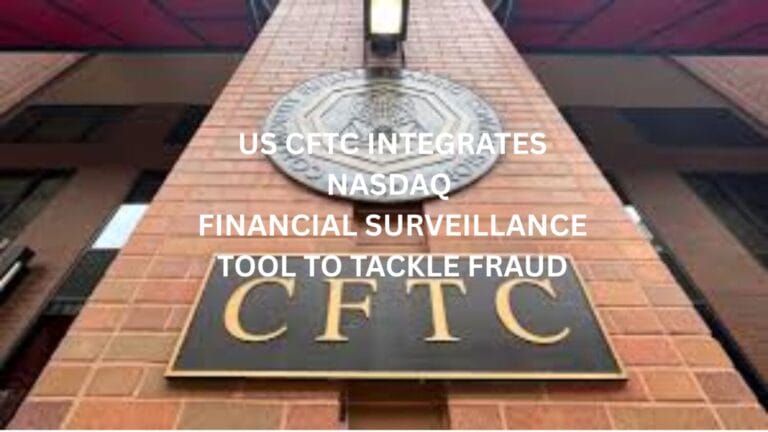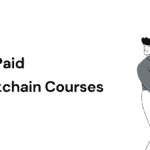Key Takeaways
- FBI is offering a $100,000 reward for information about Onecoin co-founder Ruja Ignatov who is on the run.
- OneCoin leader Karl Sebastian Greenwood is accused of operating one of the largest international fraud schemes ever perpetrated.
Co-founder of the financial scam project OneCoin, Karl Sebastian Greenwood, has pleaded guilty to charges of wire fraud and money laundering on Friday, according to the U.S. Department of Justice.
Damian Williams, who holds the post of U.S. Attorney for the Southern District of New York, stated that as a founder of OneCoin, Greenwood operated one of the largest international fraud schemes ever to exist. “Greenwood and his co-conspirators, including fugitive Ruja Ignatova, conned unsuspecting victims out of billions of dollars, claiming that OneCoin would be the ‘Bitcoin killer,” Damian said.
He added that this incident gives “a clear message that we are coming after all those who seek to exploit the cryptocurrency ecosystem through fraud, no matter how big or sophisticated you are.” Williams stated that statements made by Greenwood were designed to get everyday people worldwide to part with their hard-earned money and to line his pockets to the tune of hundreds of millions of dollars.
While Greenwood has pleaded guilty, Ruja Ignatova, OneCoin co-founder known as the “CryptoQueen,” is on the run and remains on the FBI’s Most Wanted list. The agency is offering a $100,000 reward for information leading to her arrest. Ignatov disappeared in 2017 when a warrant was filed for her arrest.
OneCoin was a Ponzi scheme that pulled in approximately $4 billion from 2014 to 2016. OneCoin was never actively traded, nor could the coins be utilized to purchase anything. Further, it was simply not mineable because its blockchain did not exist. OneCoin was sold as a mineable cryptocurrency through a global multilevel marketing network. Members received commissions for recruiting and convincing others to purchase “cryptocurrency” packages.
Questions regarding OneCoin’s suspicious operations started surging in 2016. The Direct Selling Association in Norway was the first to call the OneCoin fraud a pyramid scheme in March 2016, and later that year, the Hungarian Central Bank also warned against OneCoin being a pyramid scheme.
Ponzi schemes are becoming increasingly common in the crypto space. Bitconnect, an open-source cryptocurrency, was suspected of being a Ponzi scheme owing to its multilevel marketing structure and impossibly high payouts. It was exposed in 2018, ultimately crashing and causing its investors to lose around $3.5 billion. Mining Max is another crypto Ponzi scheme that scammed investors out of $250 million until it was shut down last year.










